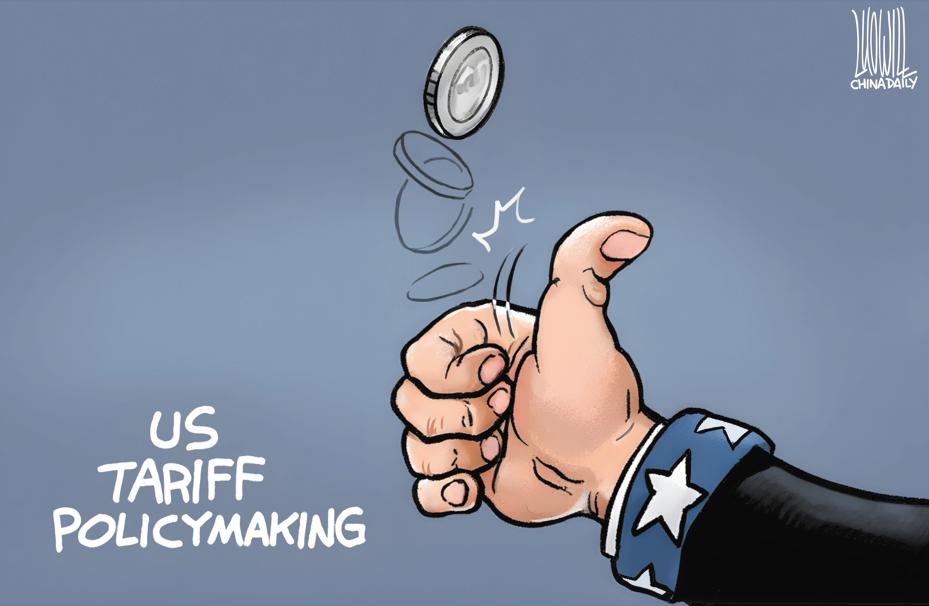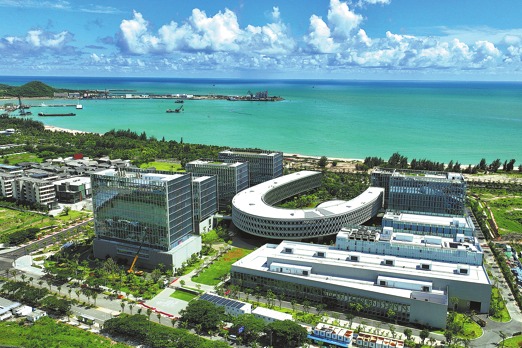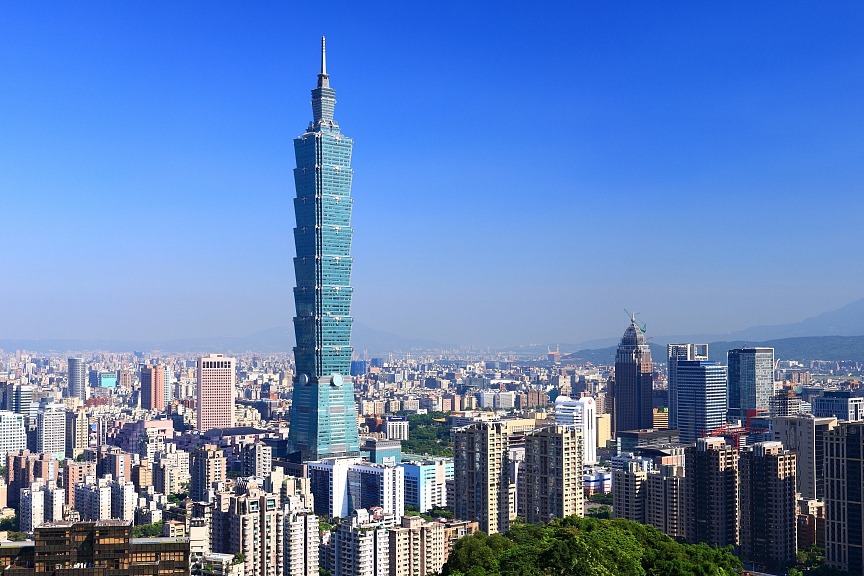Weaponization of tariffs leaves no party unscathed


The US government's tariff policy has cost the state of California billions of dollars. So much so that California Governor Gavin Newsom recently reaffirmed the state's commitment to maintaining open trade relations with China.
Newsom emphasized that the state is "over 2,000 miles from Washington and a world away in mindset". California even filed a lawsuit in April challenging the federal government over tariffs. California has become the first state to take such legal action.
The US government's "tariff weapon" has also drawn sharp criticism from financial titans such as US billionaire investor Warren Buffett, who said last week that "trade should not be a weapon". His remarks came after reports quoted data to show that the US economy has contracted for the first time in three years, swamped by a flood of imports as businesses raced to avoid higher costs from tariffs.
The trade war is proof that "Make America Great Again" is raiding people's wallets — stock market losses are wiping out whatever they have saved for their children's college education, grocery prices are soaring and small business owners are struggling under rising costs. An analysis in April by The Budget Lab at Yale University estimates that the tariffs so far this year will increase costs by at least 3 percent, pushing up costs for the average household in the United States by about $4,900. Research shows that consumers might need to shell out 87 percent more for shoes and 65 percent more for apparel in the short-run and 29 percent and 25 percent more, respectively, in the long run.
Last week, the Footwear Distributors and Retailers of America urged Washington to exempt shoes from "reciprocal tariffs". In a letter signed by 76 footwear companies, the FDRA said that hundreds of businesses face the prospect of closure, tens of thousands of jobs are at stake, many orders have been placed on hold, and footwear inventory for US consumers may soon run low. The tariffs will not drive shoe manufacturing back to the US, the letter said.
The US' tariff stick is also failing diplomatically. Japanese Prime Minister Shigeru Ishiba flatly rejected the US' unreasonable demand to eliminate trade deficits. The tariffs have also led to the collapse of US-Japan trade talks. The US-Japan talks team merely agreed to "meet again" with few substantive outcomes. Similar stalemates plague negotiations with Europe, where the European Union has prepared retaliatory tariffs on €26 billion ($29.45 billion) of US goods.
The 1930 Smoot-Hawley Tariff Act worsened the Great Depression — a mistake the US seems to be repeating. Mainstream economists largely agree that tariffs cause inflation, because importers — not the countries exporting the goods — pay the tax, and they typically pass that cost on to consumers. The US Chamber of Commerce wrote to the White House last week, warning against "irreparable harm" to small businesses and a potential economic recession.
These developments make it clear that if the US continues to wield tariffs as a weapon, it will ultimately harm itself. Only by returning to rational dialogue can the global economy avoid spiraling deeper into turmoil.
Despite unilateral pressure from the US, China's stable and resilient market continues to provide opportunities for global businesses. China has demonstrated its commitment to fostering an equitable global economic landscape by creating opportunities for small businesses to thrive without market access barriers, nurturing cutting-edge technological innovation, and strengthening cooperation among developing nations.
China remains steadfast in upholding international fairness and justice, resolutely opposing any form of unilateralism and power politics that threaten the stability of the multilateral system. Through concrete actions, China continues to champion a new paradigm of international relations based on mutual respect and shared prosperity.


































